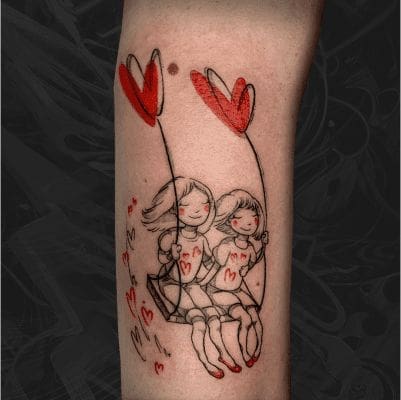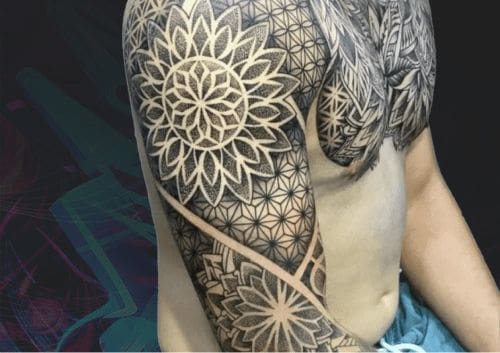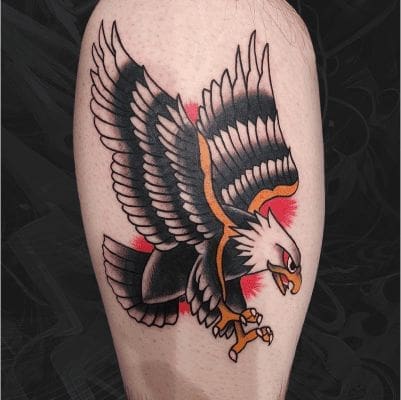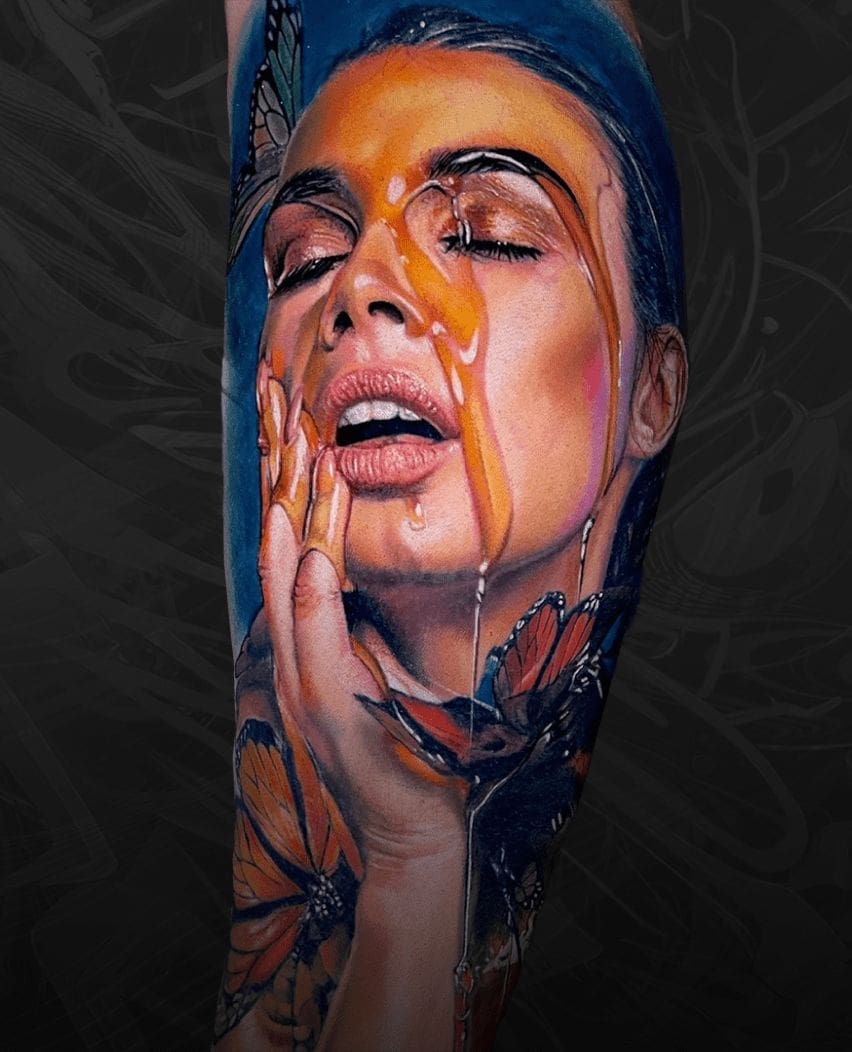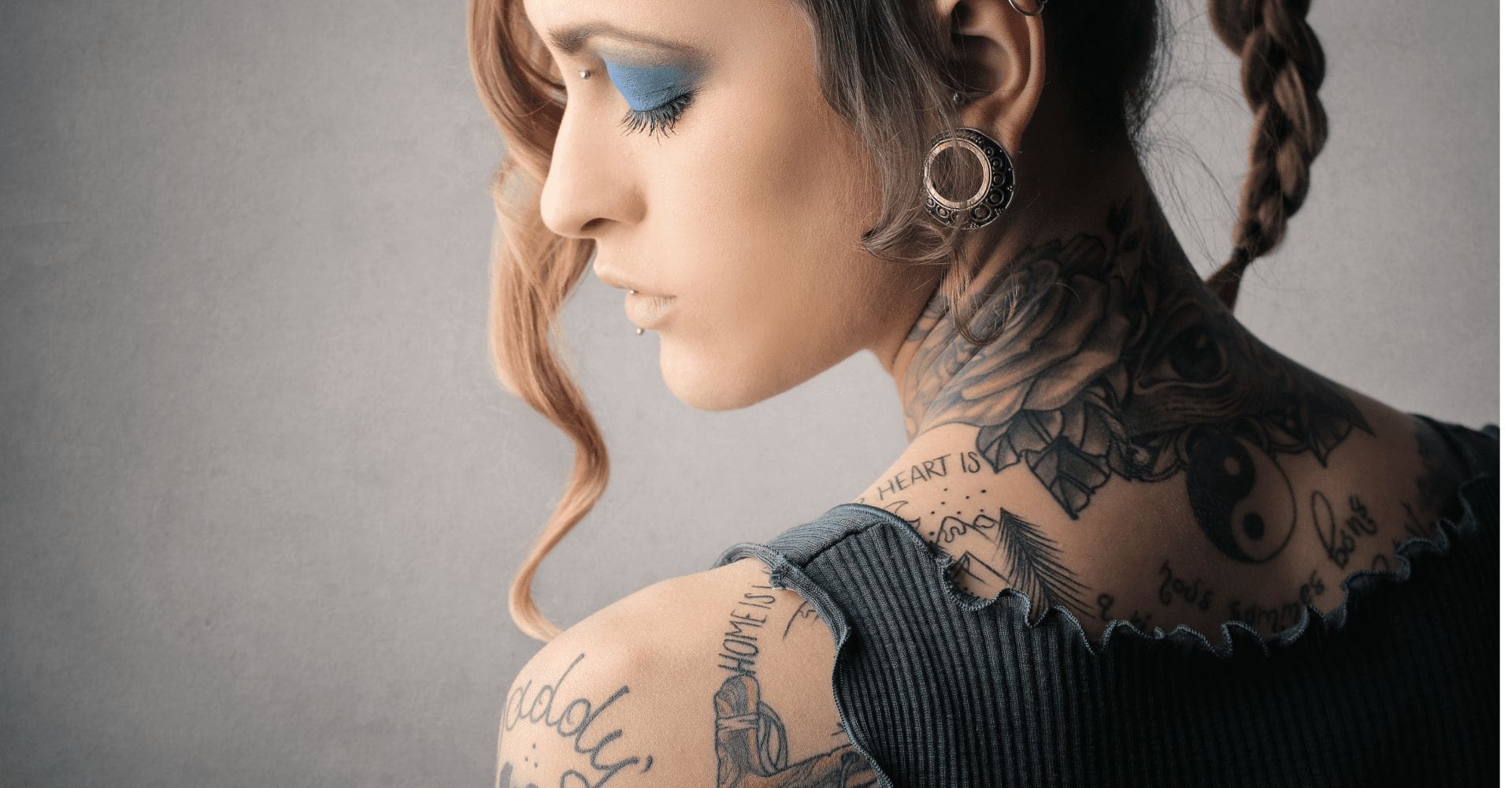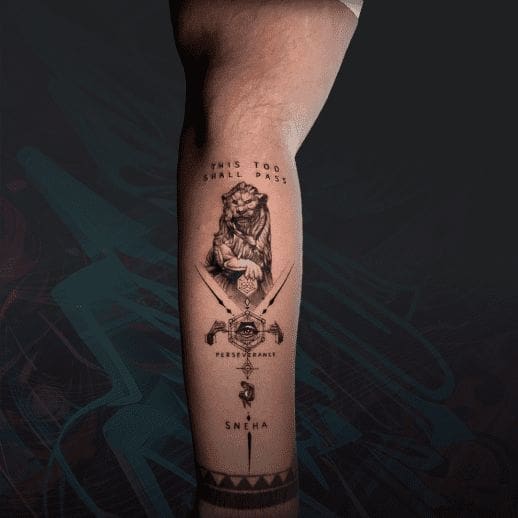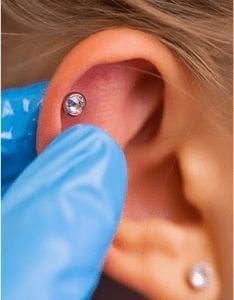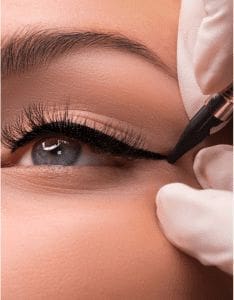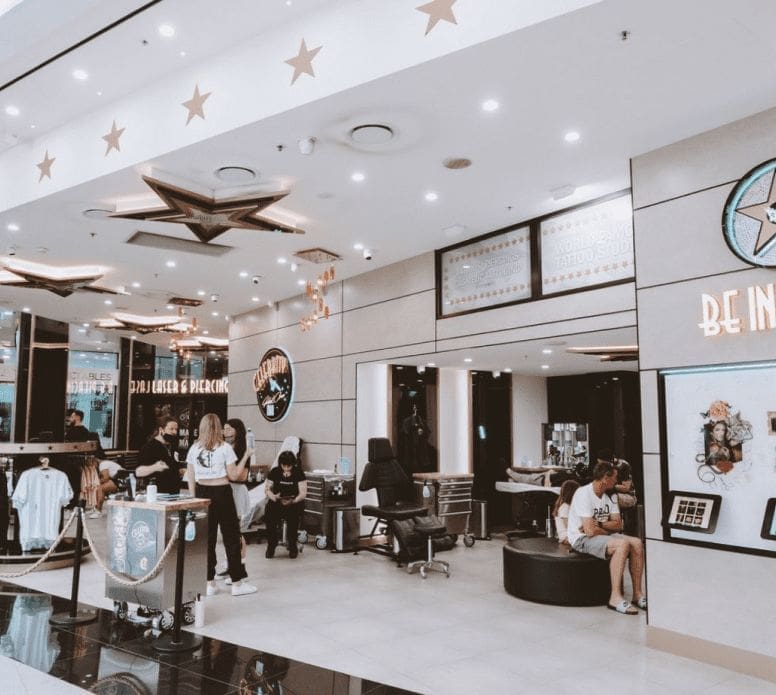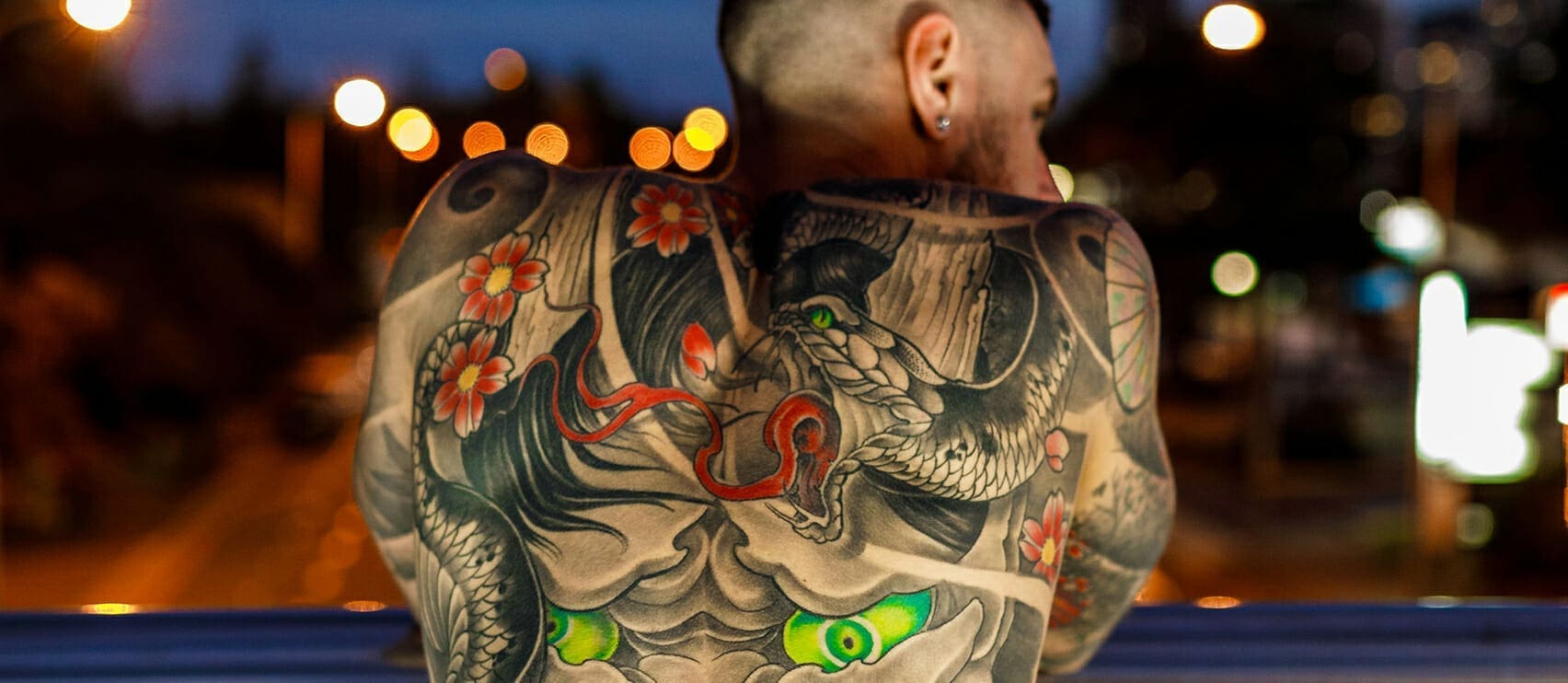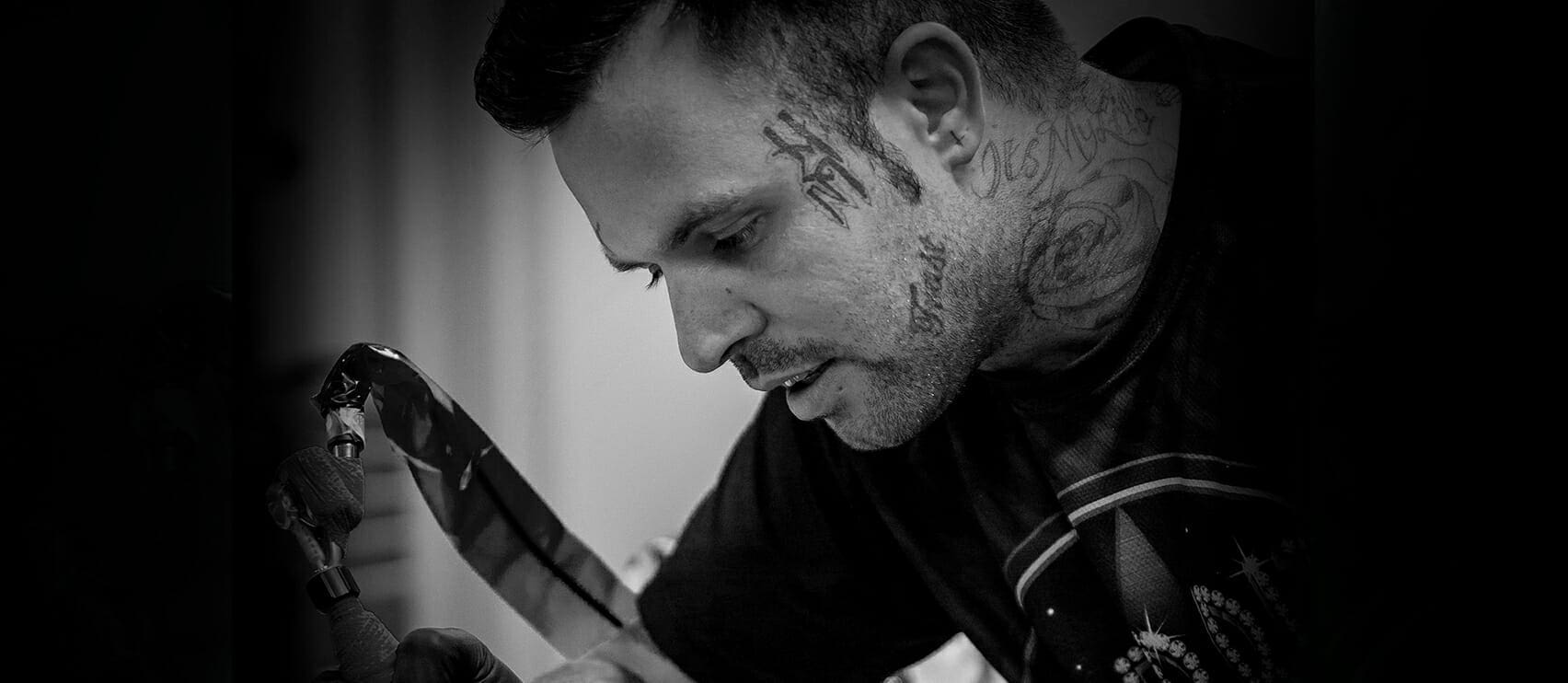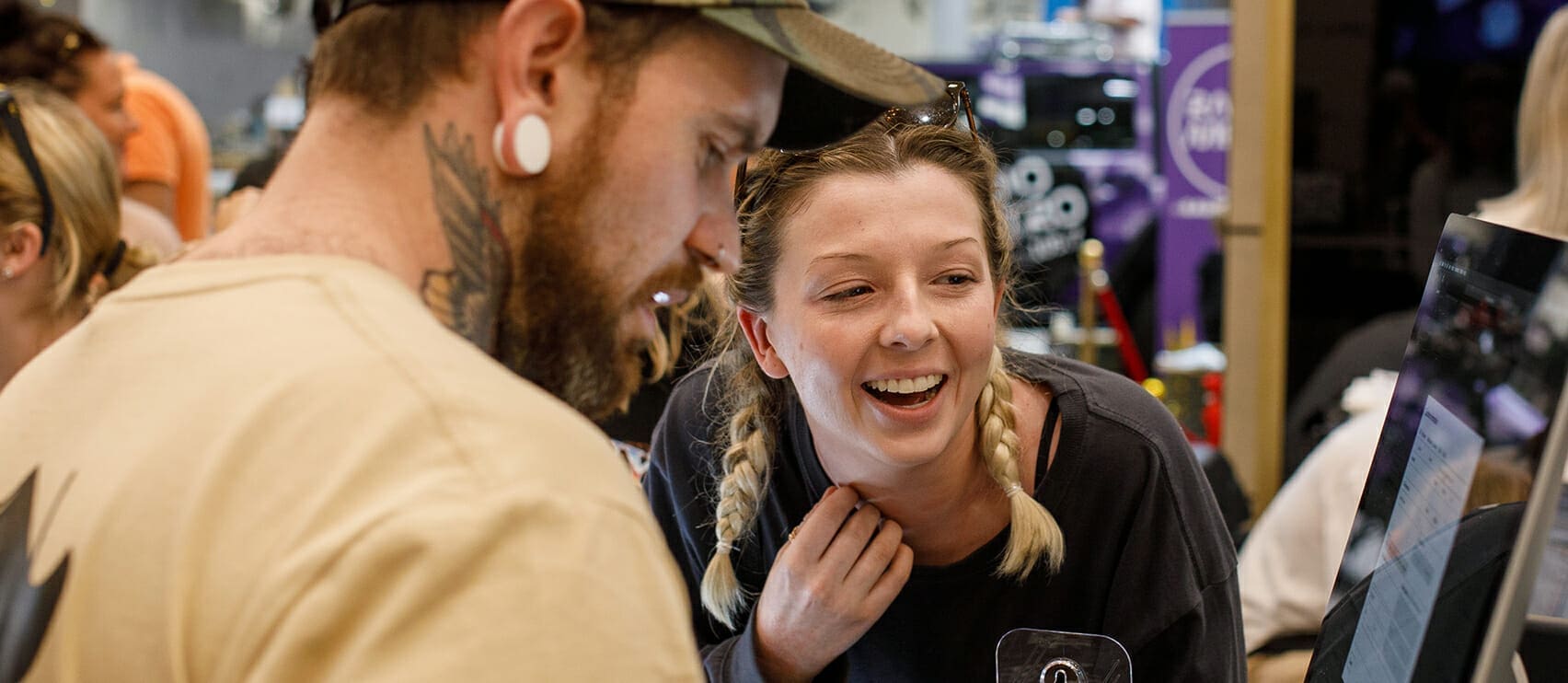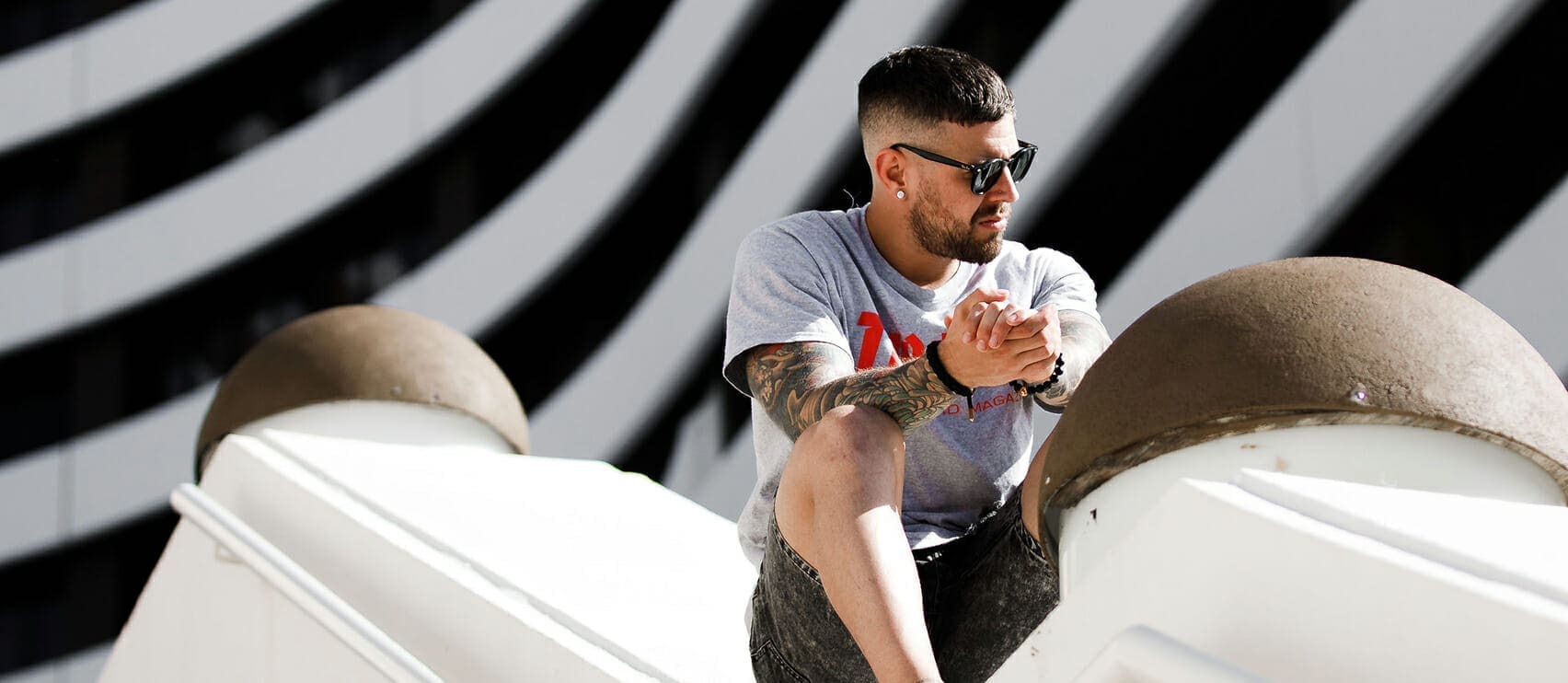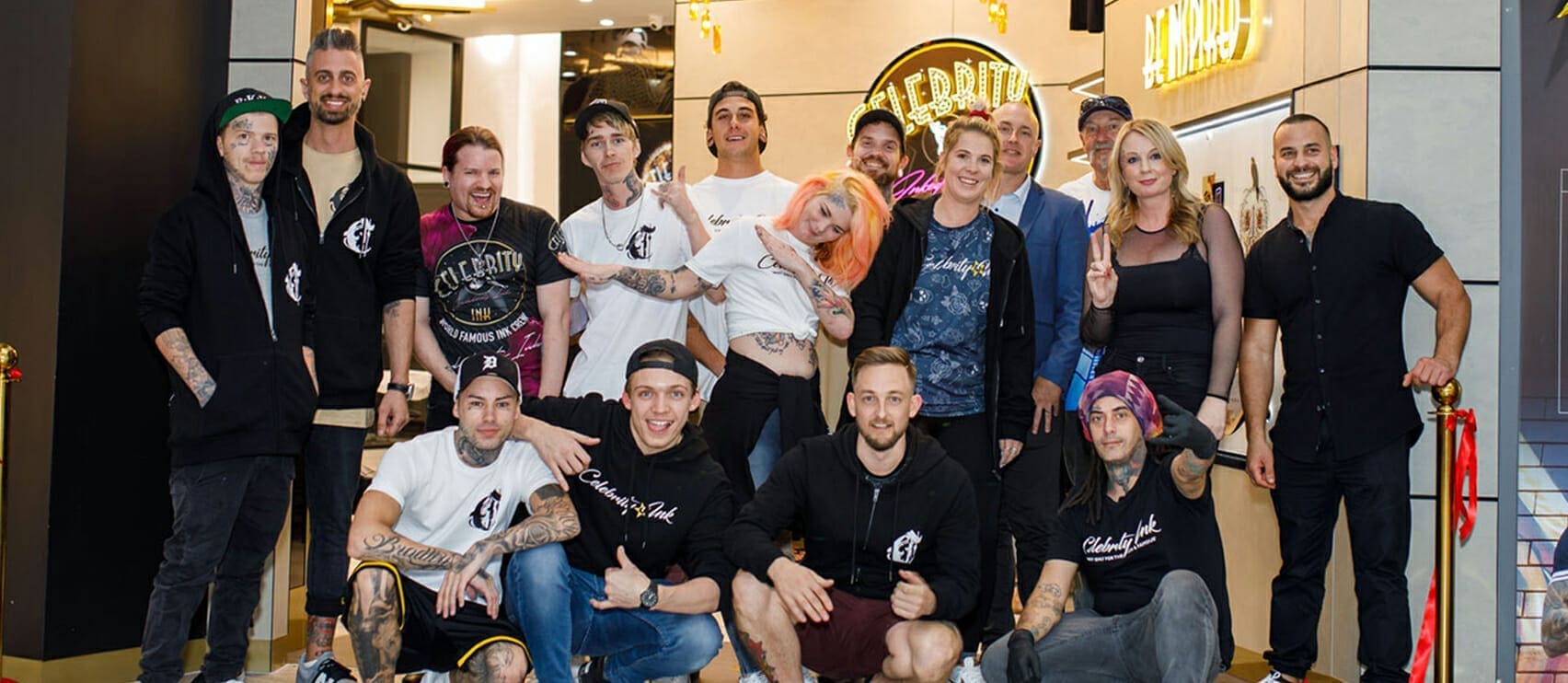It’s fair to say that at one time, tattoos were considered to be part of a fringe culture. When interviewing for a job, having a tattoo used to be a sure-fire way to hear the words “We’ll be in touch!” Even when delivered with a killer smile this was code for “We’ll never call you!” But thankfully, those days have passed (somewhat) and tattoos have gained wider social approval. So what do employers think of tattoos in 2020?
Increasingly more people, both male and female are getting tattoos. People with tattoos work in a variety of industries and can hold both entry-level jobs as well as top executive positions. Therefore, it makes sense that the workplace needs to provide a supportive and inclusive environment for workers of differing backgrounds. There’s a lot of competition out there to attract the best fit for the job and it is considered good PR to ensure the company ethos supports a variety of cultures and lifestyle choices.
Professional Services
We have millennials to thank for a more widely accepted view on tattoos in the office. With post millennials now maturing and occupying many executive positions themselves, their approach to employing people with tattoos has aided in less discrimination. However, not all tattoos are created equal and there is still some pushback from employers and HR managers when it comes to face and neck tattoos. It all depends on the industry you work for and whether your position is customer-facing. It may be considered too risqué for a Kindergarten or Primary School Teacher to sport a neck or face tattoo as it is not easily covered. As people in these professions are considered role models, care must be taken that children from different cultural backgrounds are considered.
If you work at a call centre, bank or other institution where your role is not customer facing then having an exposed tattoo generally does not pose an issue but it’s best to check with your company policy on the matter. Some industries which are customer facing and targeting a certain clientele may reject someone with a tattoo and they can do so as long as it does not amount to racial discrimination. For example, if you wear a tattoo due to your ethnicity and religious beliefs and you were rejected a job based on this, it could count as racial discrimination. The Australian Human Rights Commission advise that employers are able to set rules regarding workplace appearance but stressed it’s important to ensure that any proposed rules that affect people with tattoos do not amount to discrimination. Then you have other professions such as trades and mining where there are nil concerns with tattoos.


Arts/Cultural/Hospitality/Retail
The creative industries encourage individuality and are actively searching for those who can add to their company image. So much depends on the industry you work in and whether it’s considered a plus! The University of St Andrews in the UK completed a study in 2016 which found having a visible tattoo can help job seekers when the business is trying to attract a youth demographic. Dr Andrew Trimming of The University of St Andrews said: “Visibly tattooed job applicants can present as attractive candidates in the labour market because they can help to positively convey an organization’s image or brand, particularly in firms that seek to target a younger, edgier demographic of customer. Tattoos, especially in pop culture industries such as fashion retail are an effective marketing and branding tool.”


There you have it! Generally, tattoos are more widely accepted in the workforce nowadays but if you are concerned about what employers think of tattoos and you still want that dream job, you can always get your tattoo artist from Celebrity Ink to ink you on your stomach, back or thigh where colleagues and clients won't see. Or pick up a role in youth fashion!

